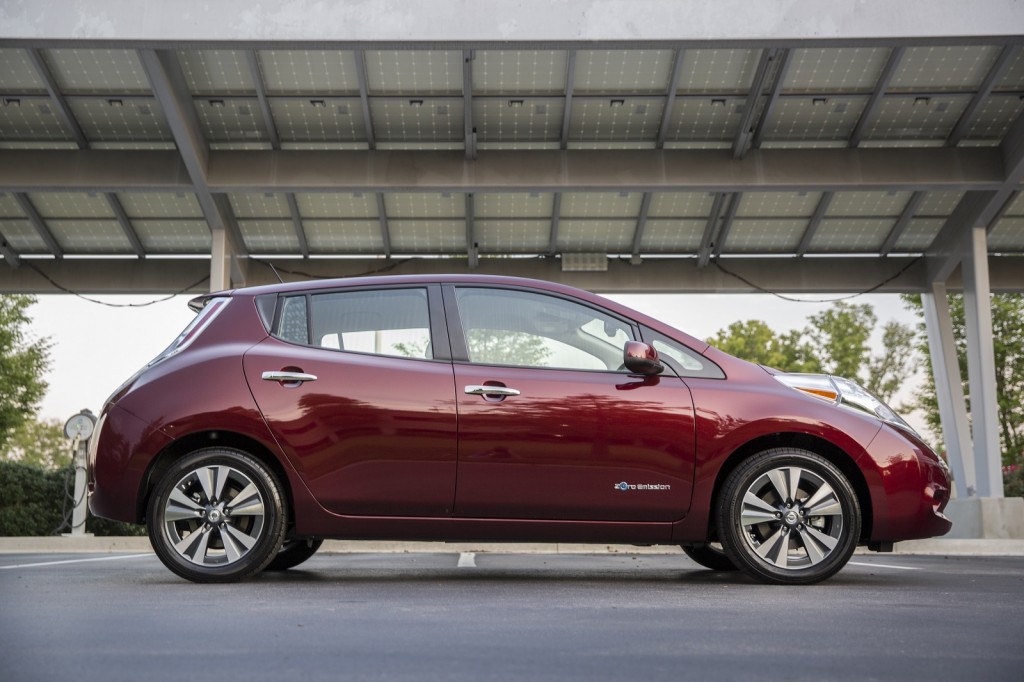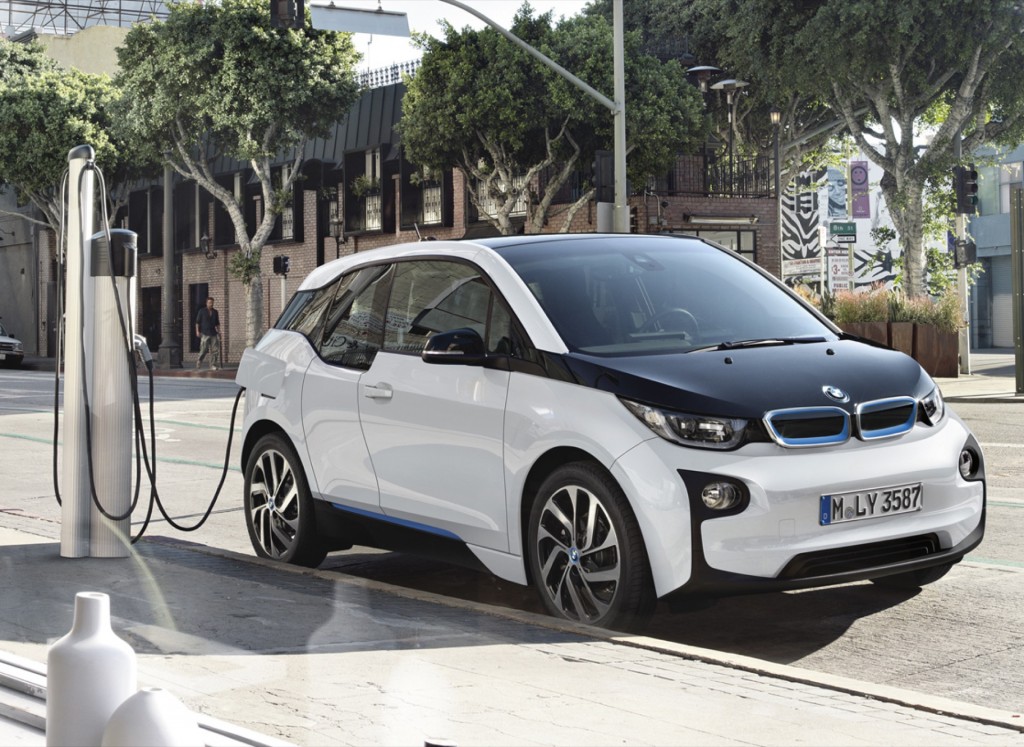A few years ago, a huge amount of media criticism poured down on the new category of electric cars, often on the basis of outright misinformation or—more charitably—confusion.
Then, the General Motors bankruptcy was still fresh in memory, electric cars were failing to meet ambitious sales targets, and the Tesla Model S was still a promise rather than a reality.
My, what a difference a few years makes.
DON'T MISS: Six Tesla Model 3 challenges Elon Musk has to overcome
Tesla has now made something north of 140,000 vehicles, and it got 350,000-plus people to loan it $1,000 apiece interest-free as deposits for its promised $35,000 Model 3.
Battery costs have come down faster than predicted, and virtually every major carmaker plans at least one plug-in hybrid and one all-electric model.
Most of all, sales of cars with plugs are slowly increasing in most parts of the world.

2016 Nissan Leaf
They are still a tiny fraction of the 80-million-plus vehicles sold globally each year, but the omens are encouraging.
And they're being taken more seriously even by some outlets that were far from supportive.
Take, for example, a recent column two days ago in The Wall Street Journal entitled Why Electric Cars Will Be Here Sooner Than You Think.
ALSO SEE: How Much And How Fast Will Electric-Car Battery Costs Fall? (Mar 2012)
Author Christopher Mims writes the conservative business newspaper's weekly technology column, called Keywords.
His arguments are likely to be familiar to electric-car advocates.
He starts with the notion that electric cars are gadgets, and technology change in that category is swift.

2017 BMW i3
(He does not, of course, suggest that electric cars will improve at the rate laid out by Moore's Law; they won't.)
He cites the fall in battery cost, name-checks the Tesla Model 3 (due sometime late next year) and the 2017 Chevrolet Bolt EV that will go on sale in the last quarter of this year.
And he cites the CEO of the ChargePoint charging network noting that virtually every carmaker plans to electrify "everything."
CHECK OUT: Mentioning Moore's Law For Electric Cars: Sign Of Ignorance
It's a fairly high-level piece, written for an audience that may have dismissed electric cars previously as uneconomic, driven solely by politics, and so forth.
Our favorite piece of the article is this:
It is the nature of disruptive technological shifts that it seems like nothing is changing—until it seems as if everything is changing at once. Electric vehicles have been a long time coming, but they now represent ... a clear and present threat to the gasoline engine ...

GM's Pam Fletcher and Josh Tavel accept Green Car Reports 2016 Best Car To Buy award for 2016 Volt
This is hardly the only such summary, although the Journal itself is noteworthy for its reach and influence among business leaders.
But given the highly conservative tenor of its editorials, including a few in past years that bought wholesale into myths and inaccuracies about electric cars, it's something of a surprise.
Progress is indeed possible, it seems.
Green Car Reports respectfully reminds its readers that while it may be a U.S. presidential election season, we avoid political commentary and debate in our comments. We ask that any comments that are not strictly on topic be flagged for moderation. Thank you in advance for helping us keep our comments civil, respectful, and fact-based.
_______________________________________













